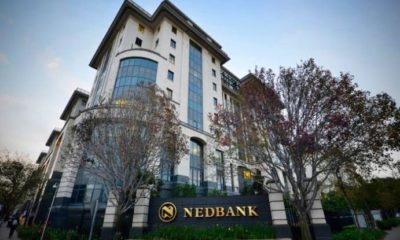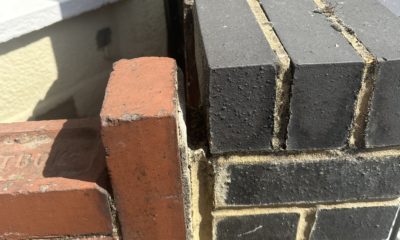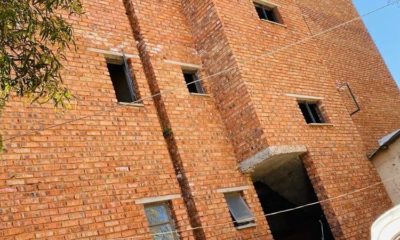Best of Johannesburg
Renting Out a Backroom in South Africa 2025: What’s Legal and What’s Not

For many South Africans, renting out a backroom is seen as a practical way to bring in extra income. But in 2025, the law is clear: you cannot legally rent out a backroom without following municipal procedures and complying with national rental laws.
Why Authorisation Matters
Every property is classified according to zoning rules. If your home is zoned for residential use, you cannot simply turn it into a rental business without consent from your municipality. To rent out a backroom legally, you need approved building plans, municipal authorisation, and compliance with local bylaws.
Municipalities have the power to impose penalties on unauthorised rentals. These include higher property rates, financial fines, or even demolition if a structure was built without approval. The Supreme Court of Appeal has confirmed that councils can impose punitive rates without first re-categorising a property, which makes compliance essential.
Rental Housing Act Obligations
Even if your structure is fully approved, you must also follow the Rental Housing Act. This law protects both tenants and landlords by requiring:
-
A formal lease agreement, written if requested by the tenant.
-
Receipts for all payments.
-
Deposits kept in an interest-bearing account.
-
Respect for tenant privacy and proper notice before inspections.
Evictions must also be handled through a court order in line with the Prevention of Illegal Eviction Act. Illegal evictions remain a criminal offence in 2025.
Tax and Income Rules
Rental income must be declared to SARS. While this does mean paying tax on your earnings, you can also deduct legitimate expenses such as maintenance and repairs.
The Township Rental Economy
Backroom rentals are a significant part of South Africa’s housing market. Estimates put the township rental economy at over R1 billion, with millions of units across the country. Rooms typically rent for between R1 500 and R3 000 a month, offering affordable housing for tenants earning modest incomes.
Despite their popularity, many of these rentals remain informal and unregulated. This creates risks for both landlords and tenants, including unsafe buildings, overcrowding, and strained infrastructure. Recognising this, some municipalities, such as Cape Town in 2025, have begun amending planning bylaws to allow for legal, affordable backyard units.
Key Takeaway
Yes, you can rent out a backroom in South Africa, but only if it is done legally. That means securing municipal approval, complying with zoning, meeting health and safety standards, following the Rental Housing Act, and declaring your rental income.
For homeowners, the safest and most profitable approach is to formalise rentals properly. This not only protects against penalties but also ensures long-term security for both landlords and tenants.
At a Glance: Legal vs Illegal Backroom Rentals in SA 2025
Legal if you:
-
Get municipal approval for building plans.
-
Ensure the property’s zoning allows rentals or apply for consent.
-
Meet health and safety standards.
-
Provide receipts, protect deposits, and respect tenant rights under the Rental Housing Act.
-
Declare all rental income to SARS.
-
Use the courts for any eviction process.
Illegal if you:
-
Build or rent out without approved municipal plans.
-
Operate rentals on a property not zoned for it.
-
Skip compliance with health and safety requirements.
-
Evict tenants without a court order.
-
Hide rental income from SARS.
Also read: Why South African Teachers Are Quitting and What Might Bring Them Back in 2025
Follow Joburg ETC on Facebook, Twitter, TikT
For more News in Johannesburg, visit joburgetc.com
Featured Image: SME South Africa























